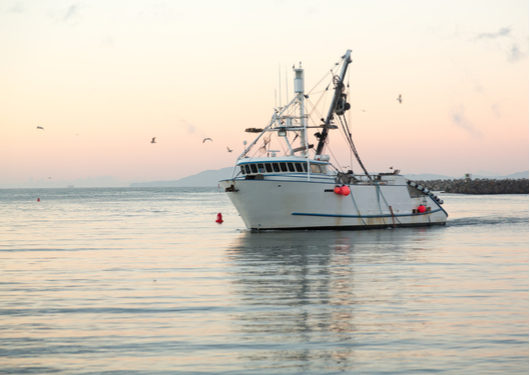
Visit Our Sponsors |
|
|
|
|
|
|
|
|
|
|
|
|
|
|
|
|
|
|
|
|
|
|
|
|
|
|
|
|
|
|
|
|
|
|
|
|
|
|

Fishing can contribute up to 10 percent of Pacific Island states’ GDP and provides employment for up to 60 percent of the population. However, due to the profitability of the sector, illegal practices are increasingly common. National programs to have fisheries observers stem from the desire to boost the sustainability of the industry. Observers act as both scientists and enforcers, collecting catch data and reporting violations. They also supervise transshipment at sea, a practice that has been associated with smuggling and human trafficking and which can facilitate the disguise of the source of seafood entering overseas markets.
At least six fisheries observers have disappeared in recent years, with at least two of them in circumstances that are considered suspicious by the Association of Professional Observers.
The cross-border nature of Pacific fisheries can make it difficult to enforce employment standards and basic human rights for crew on fishing vessels. This includes the right to a written work contract, decent hours of rest and safe working conditions.
The report cites a number of case studies involving deaths and disappearances of observers and crew including:
Keith Davis
In 2015, fisheries observer Keith Davis went missing on an Inter-American Tropical Tuna Commission transshipment vessel. The investigation into his appearance was hampered by delays, with over 24 hours passing before the U.S. Coast Guard was notified. Subsequent search efforts were then delayed due to issues of jurisdiction between various local and national authorities, says Human Rights at Sea, which also states that a vessel that could have been used to transport potential suspects from the scene was never called to port for investigation.
RELATED CONTENT
RELATED VIDEOS
Timely, incisive articles delivered directly to your inbox.






